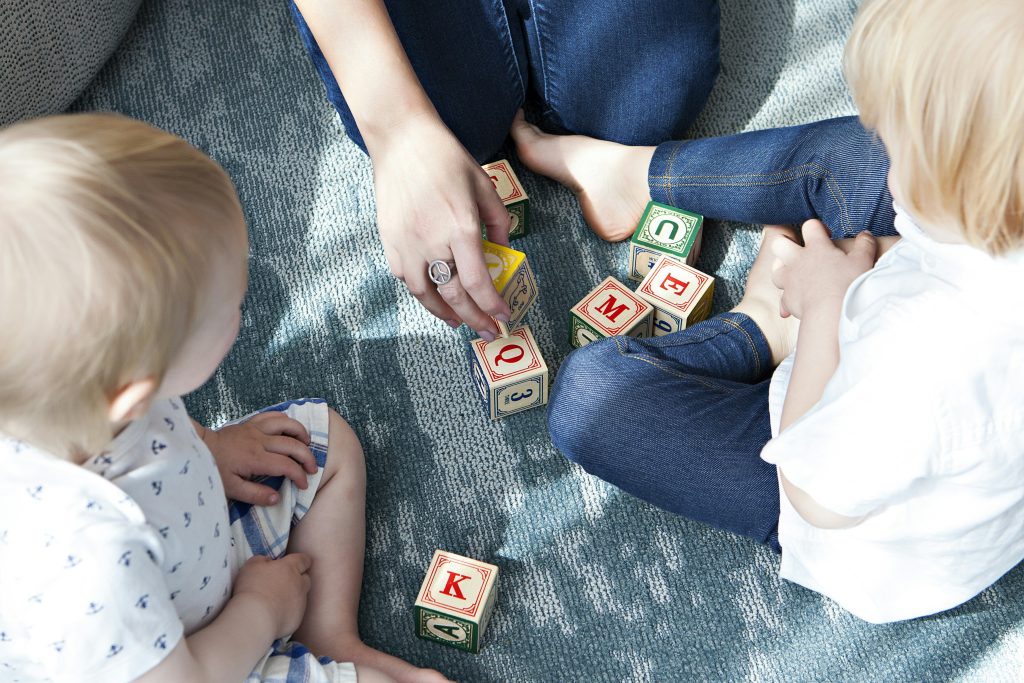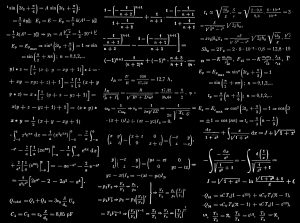Introducing Abacus Learning to Special Needs Children: Benefits and Strategies

Are you a parent of a special needs child who is struggling with mathematics? Do you often find yourself searching for effective strategies to help your child improve their mathematical abilities? Look no further! Introducing abacus learning to special needs children can be a game-changer. It offers a structured, visual, and tactile approach to mathematics that can enhance their cognitive skills and boost their confidence. In this article, we will explore the numerous benefits of abacus learning for special needs children and provide strategies to incorporate it into their educational journey. So let’s dive in and unlock the potential of abacus learning!
What is Abacus Learning?
Abacus learning is a centuries-old method of teaching mathematical calculations using an ancient counting tool known as the abacus. The abacus consists of rows of rods or wires with beads that can be moved back and forth. Each bead represents a specific value – ones, tens, hundreds, and so on. By manipulating the beads on the abacus, children can perform various mathematical operations such as addition, subtraction, multiplication, and division.
Abacus training goes beyond just teaching arithmetic; it develops problem-solving abilities by stimulating memory, concentration, and logical thinking. The act of visualizing numbers on the abacus and performing mental calculations helps children understand mathematical concepts and improves their computational skills. It provides a multi-sensory learning experience that engages their visual, tactile, and kinesthetic senses, making it an effective tool for special needs children.
Benefits of Abacus Learning for Special Needs Children
Enhanced Cognitive Skills:
Abacus learning offers a powerful mechanism to stimulate cognitive functions in special needs children. By practicing mental calculations using the abacus, children develop memory, concentration, and problem-solving abilities. These enhancements not only improve their mathematical skills but also have a positive impact on their overall cognitive development.
Improved Fine Motor Skills:
Manipulating the beads on the abacus requires precise hand movements, leading to improved hand-eye coordination and fine motor skills. This physical engagement is particularly beneficial for special needs children with motor challenges, such as those with autism or cerebral palsy. Abacus learning provides a unique opportunity for them to develop their motor skills while engaging in mathematical activities.
Multi-Sensory Learning Experience:
Special needs children often struggle with traditional teaching methods that rely solely on auditory or visual input. The abacus, with its tactile nature, offers a multi-sensory learning experience that caters to different learning styles. Dyslexic or dyscalculic children, for example, can benefit greatly from this approach as it provides alternative ways to experience mathematical concepts, improving their learning and retention.
Boosted Confidence and Resilience:
Achieving success in mental math using the abacus can greatly boost a special needs child’s self-esteem and confidence. Regular positive feedback and tangible achievements help them build resilience and encourage continued participation in academic activities. As they gain proficiency in abacus calculations, they become more confident in their abilities to solve math problems and overcome challenges.
Structured Learning Environment:
The structured nature of abacus learning aligns well with the preferences of special needs children for repetitive routines and predictability. The abacus provides a sequential and structured approach to learning, allowing children to break down complex problems into manageable steps. This structured environment fosters the development of problem-solving and logical thinking skills, making it an ideal tool for special needs children.
Strategies for Introducing Abacus Learning to Special Needs Children
Start with Basic Concepts:
When introducing abacus learning to special needs children, it is crucial to begin with basic concepts. Start with simple counting and basic arithmetic operations to build a solid foundation. Ensure that children grasp each step before moving on to more complex mathematical concepts. This gradual approach will help them develop a strong understanding of the abacus and its applications.
Use Visual Aids and Tactile Tools:
The abacus itself serves as a visual and tactile tool for representing numbers and mathematical operations. Utilize this tool to enhance understanding and retention of mathematical concepts. Encourage children to visualize the movements of beads on the abacus while performing calculations. This combination of visual and tactile stimulation helps them grasp abstract concepts more effectively.
Encourage Regular Practice:
Consistency is key when it comes to abacus learning. Encourage children to engage in regular practice sessions, ideally with a structured schedule. Set aside dedicated time each day or week for practicing abacus calculations. Repetition reinforces learning, improves cognitive skills, and boosts confidence over time. Make it a fun activity by incorporating games or challenges into their practice routine.
Provide Positive Feedback and Support:
Positive reinforcement plays a vital role in motivating special needs children. Offer regular encouragement and support throughout their abacus learning journey. Celebrate their achievements, no matter how small, and provide constructive feedback to help them improve. By creating a positive and supportive learning environment, you can foster their love for mathematics and boost their self-esteem.
How Abacus Learning Can Benefit Special Needs Children in the Long Run
Abacus learning is more than just a tool for improving mathematical abilities in special needs children. It has long-lasting benefits that can positively impact their academic and personal growth.
Developing Mathematical Abilities:
Abacus learning enhances special needs children’s mathematical abilities by improving their computational skills, problem-solving capabilities, and understanding of mathematical concepts. These skills lay a strong foundation for their future academic pursuits and provide them with a competitive edge in exams and future competitive tests.
Improving Concentration and Attention Span:
Engaging with the abacus requires focused attention and concentration. Regular abacus practice can help special needs children improve their concentration and expand their attention span. This improved ability to concentrate can extend beyond mathematics and benefit their overall academic performance.
Enhancing Brain Development:
Abacus training stimulates both sides of the brain, promoting holistic brain development in special needs children. As they manipulate the beads on the abacus, they activate various regions of the brain responsible for logical thinking, memory, and problem-solving. This balanced brain development can have a positive impact on their overall cognitive abilities.
Table: Benefits and Strategies for Abacus Learning in Special Needs Children
|
Benefit/Strategy |
Description |
Impact |
|---|---|---|
|
Enhanced Cognitive Skills |
Stimulates memory, concentration, and problem-solving abilities. |
Improves focus and understanding. |
|
Improved Fine Motor Skills |
Enhances hand-eye coordination and motor skills through bead manipulation. |
Aids in motor development. |
|
Multi-Sensory Learning |
Engages visual, tactile, and kinesthetic senses for better retention. |
Supports diverse learning styles. |
|
Boosted Confidence and Resilience |
Encourages participation and self-esteem through achievements. |
Develops resilience and confidence. |
|
Structured Learning Environment |
Provides a sequential approach to learning, aligning with special needs preferences. |
Facilitates problem-solving and logical thinking. |
|
Basic Concepts Introduction |
Starts with simple arithmetic to build a solid foundation. |
Ensures gradual understanding of complex concepts. |
|
Visual and Tactile Tools |
Utilizes the abacus to represent numbers and operations visually and tactilely. |
Enhances understanding and retention. |
|
Regular Practice |
Encourages consistent practice to reinforce learning. |
Improves cognitive skills and confidence. |
|
Positive Feedback and Support |
Offers encouragement and reinforcement to motivate children. |
Boosts self-esteem and engagement. |
Conclusion
Introducing abacus learning to special needs children offers a transformative approach to mathematics education. By harnessing the benefits of this structured, multi-sensory, and engaging learning method, parents and educators can help unlock the full potential of their special needs children. Abacus learning not only enhances mathematical abilities but also improves concentration, cognitive skills, confidence, and resilience. It provides a solid foundation for future academic success and fosters overall personal growth.
If you’re ready to embark on this journey with your special needs child, consider exploring the abacus training programs offered by SIP Abacus India. With their world-class skill development programs and proven teaching methodology, SIP Abacus can provide your child with the tools they need to excel in mathematics and beyond. Give your child the gift of abacus learning, and watch them thrive in their academic and personal endeavors.



